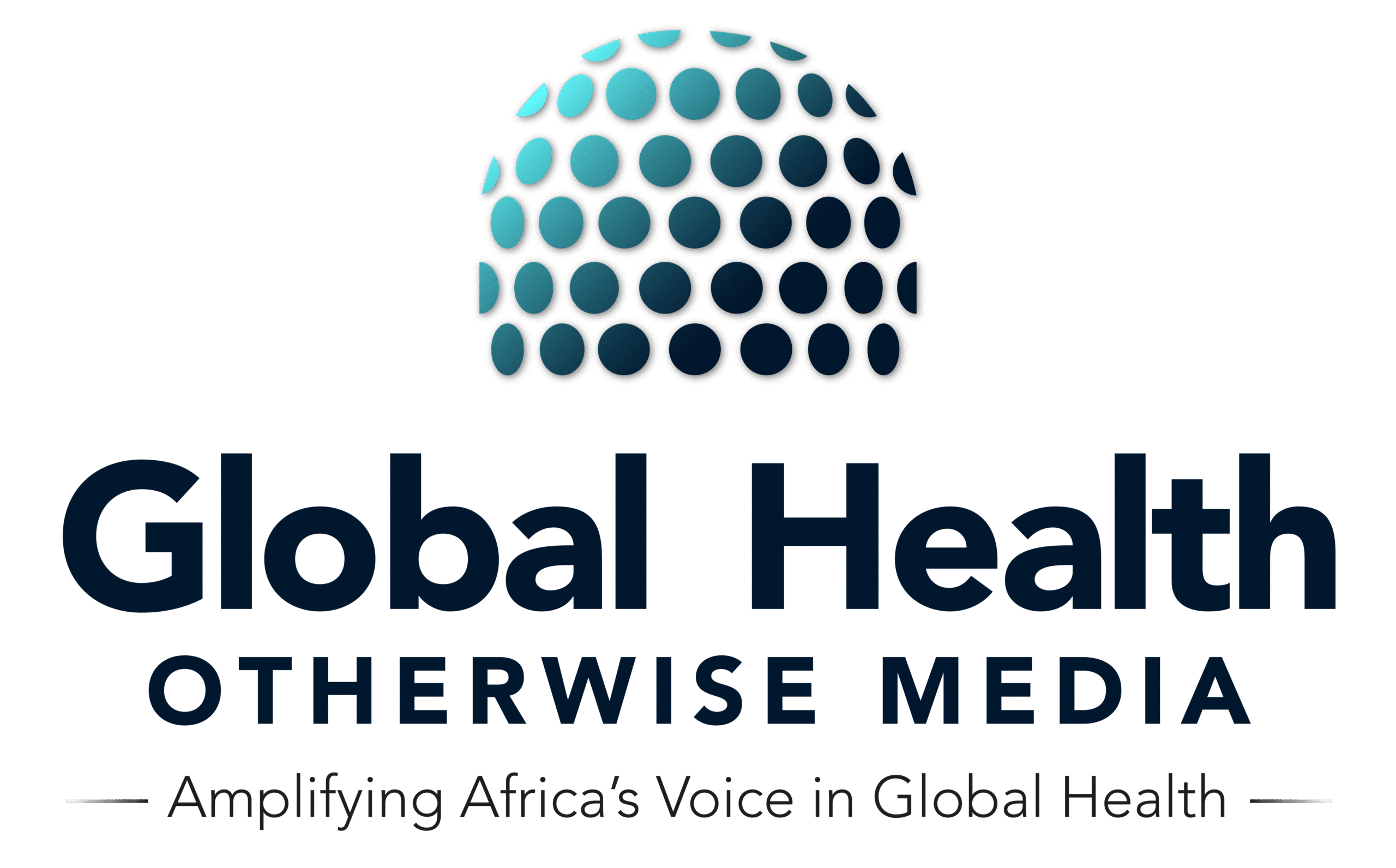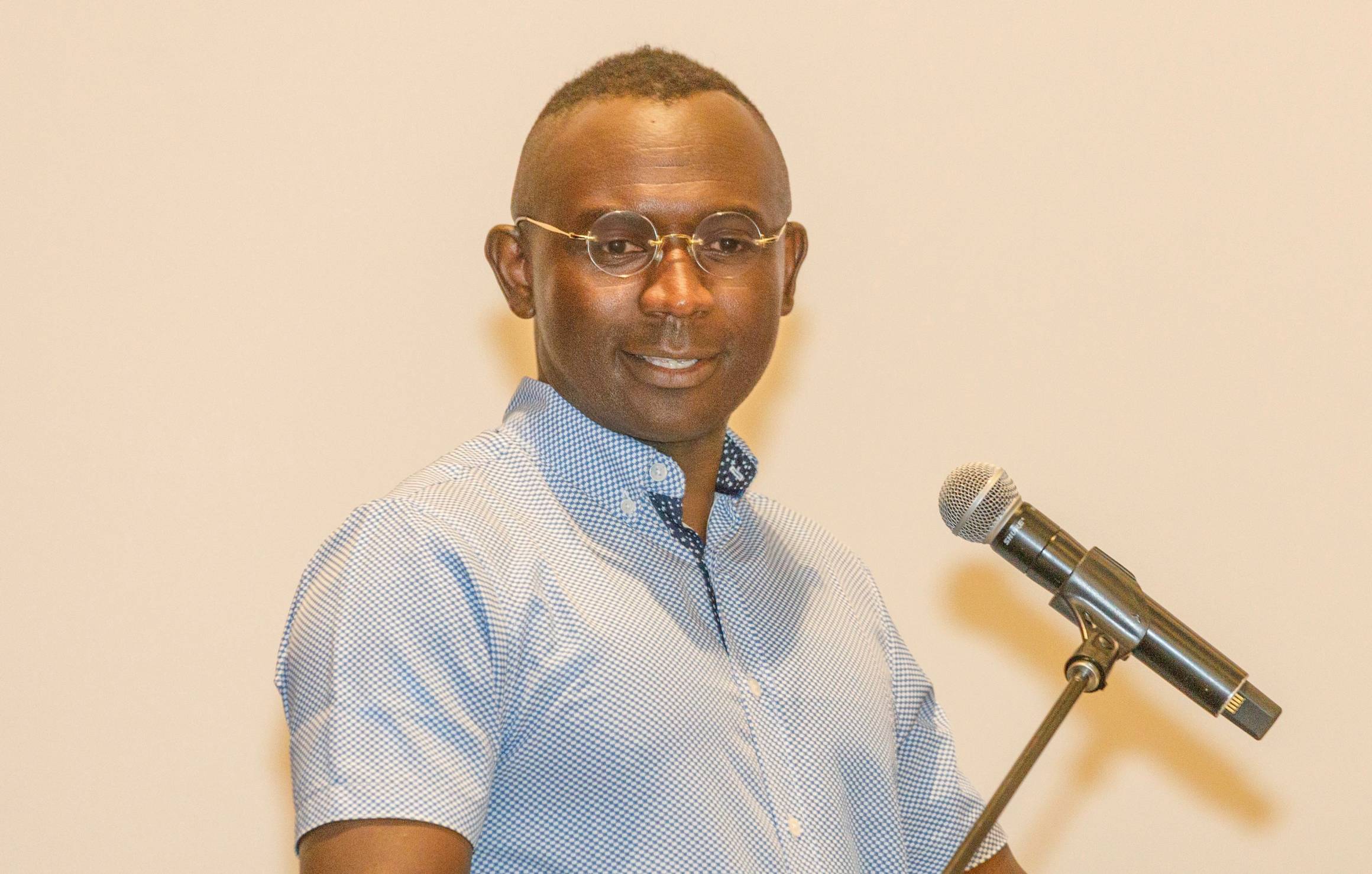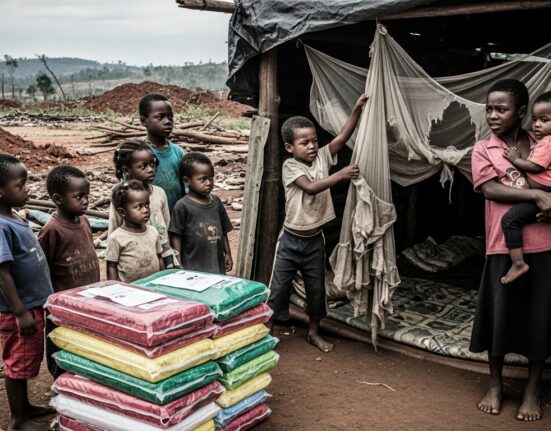From Kenya to Scotland, Dr. Fredros Okumu’s work decoding malaria’s deadliest vectors is shaping African-led science and global health innovation.
By Phyllis Nyambura
If there is something that Dr Fredros Okumu loves, it is problems. That and mosquitoes.
“I love problems. Give me problems all the time,” he says, matter-of-factly, his voice carrying the calm authority of someone who has spent decades studying both the predictable and the stubbornly unpredictable. “I’m still learning about mosquitoes. I’m still learning until today.”
“I don’t think there’s such a thing as a destination. You put yourself on a path, and I’m definitely on that path. Even at 90, I will still be on it,” says the globally renowned scientist born in Uyoma Village, Siaya County, Kenya. “In my work, our goal is to delay mortality for as many people as possible. We can’t stop it, but we can give more children, more people, more life.”
Okumu trained in public health at Moi University, Kenya, earning a Master’s in parasitology at the University of Nairobi, followed by a PhD in infectious diseases from the London School of Hygiene and Tropical Medicine. He added a second Master’s in geo-information science and an MBA in international health management—each degree a stepping stone toward leading teams and shaping institutions.
“I had a career, but I didn’t know how to run teams or raise money. I had to figure out what I’m good at, and what skills I need to run my show,” he explains.
Even now, at the University of Glasgow, Scotland, where he serves as Professor of Vector Biology while maintaining his role as a scientist at Ifakara Health Institute, Okumu insists he has not reached a destination. “I don’t think you’re ever really there—you just keep studying, talking to people, reading, and learning.”
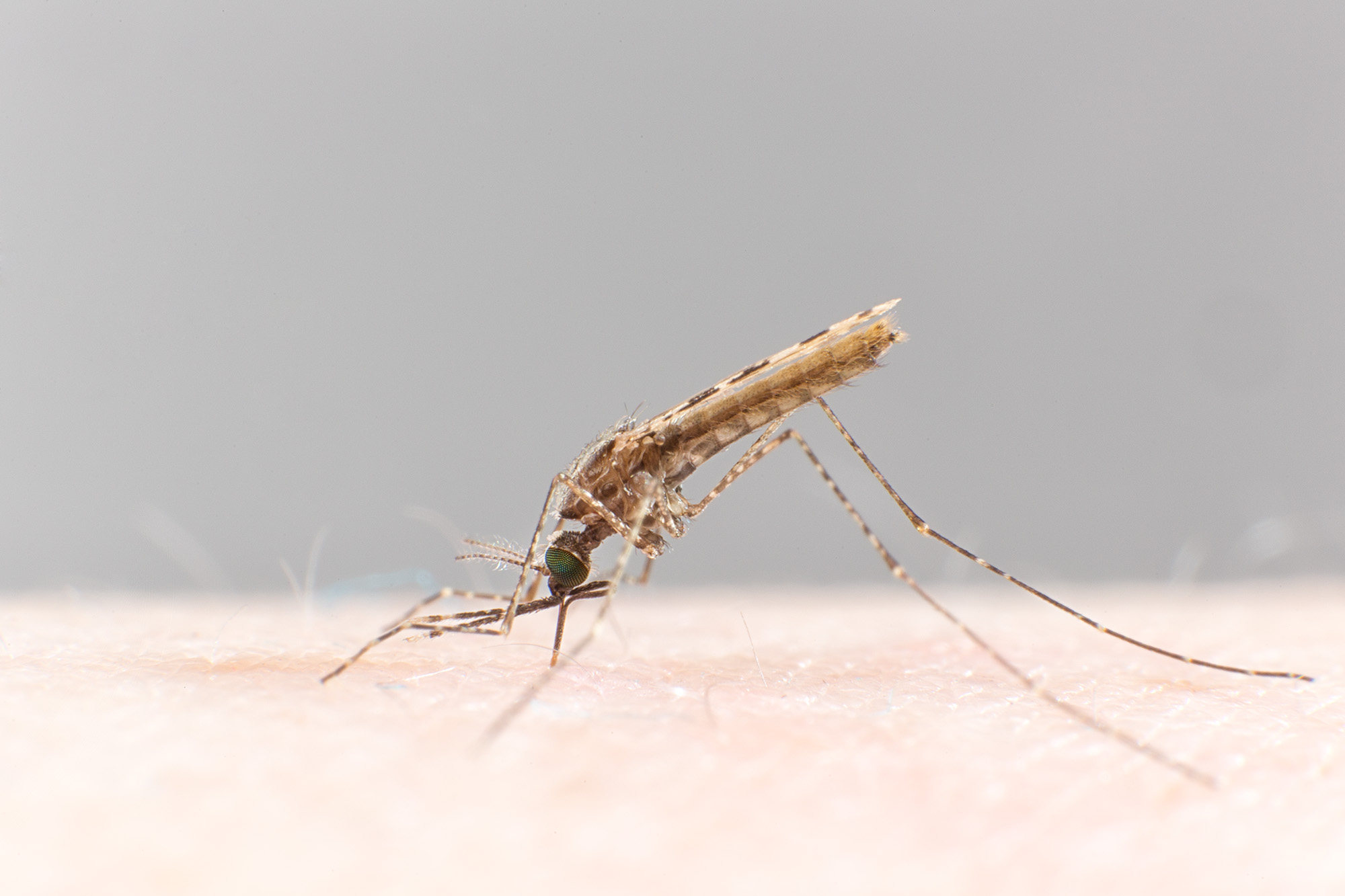
His work has earned him global recognition: the Howard Hughes Medical Institute–Gates International Research Scholars Award, the Wellcome Trust Intermediate Fellowship, and recognition among Foreign Policy Magazine’s Top 100 Global Thinkers and as a Young Global Leader by the World Economic Forum.
Yet, Okumu’s fascination with mosquitoes began almost by accident. After high school at Mbita Boys, he volunteered as a lab technician at an International Centre for Insect Physiology and Ecology (ICIPE) facility in Western Kenya for a researcher. “I knew I wanted to be a scientist, but I didn’t know it was going to be mosquitoes,” he says. “There was a difficult problem to be solved. So I said, why not?”
Unlike the story many expect from someone growing up in Kenya’s malaria-stricken Nyanza region, Okumu’s choice was not a personal vendetta against the insects. “We were looking for jobs. This was a perfect match because I wanted to be a biologist, but I didn’t necessarily want to study mosquitoes. Later, I made it my mission.”
Years later, after that encounter, Okumu joined the Ifakara Health Institute in Tanzania in 2008 for a Master’s project. He never left until 2023, completing his PhD in 2012 and becoming Director of Science by 2016, coordinating hundreds of scientists and projects; working across malaria, HIV, TB, Health Systems, and other public health concerns.
Understanding mosquitoes
Mosquitoes, Okumu says, are intelligent, but clarifies that “the disease is a far greater problem than the mosquitoes.” “Like my pre-school son recently observed, ‘Mosquitoes are good for nature, but bad for life’, we have to figure out how to manage them—either by exterminating the species that we don’t want next to humans, or by ensuring that contact is as limited as possible.”
His work focuses on understanding mosquito biology and using that knowledge to design effective interventions. In Africa, the most dangerous malaria vectors favour humans almost exclusively. “We have to study these behaviours: under what circumstances do they contact humans? Where do they breed? If we understand this biology, we can introduce measures to reduce numbers or stop contact.”
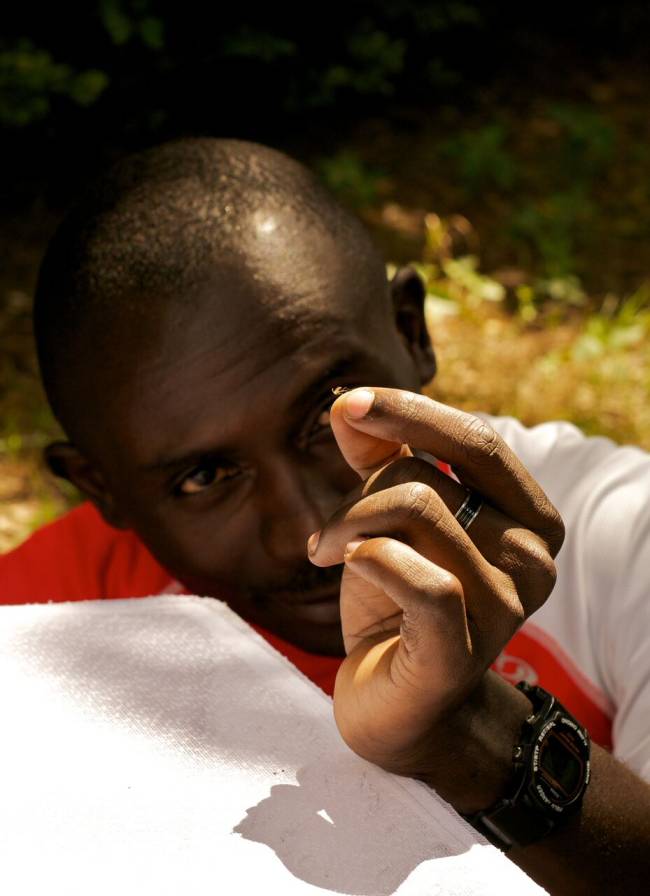
Malaria is one of the most lethal mosquito-borne diseases globally, killing approximately 600,000 people each year, mainly children, and incapacitating about 200 million more. Apart from malaria, mosquitoes also transmit other diseases like Dengue fever, Zika virus, Chikungunya, Yellow fever.
Much of Okumu’s research has clarified which species carry the greatest risk. Anopheles funestus is now recognised as the dominant malaria vector in many parts of East and West Africa. This follows the decline of the historically more notorious Anopheles gambiae
“The interventions matter, but how you deploy them matters even more,” he says. “Should you spray houses if people already have nets? Should nets be distributed differently if spraying is ongoing? Which other interventions should be added? These are questions we’ve helped answer.”
The African strategy
Okumu’s vision extends beyond the laboratory. He stresses that elimination depends on structural and political factors: strong health systems, public awareness, and equitable governance. “Malaria now is mostly in poor countries, where health infrastructure is weak. Governments need to prioritise prevention, treatment, and education.”
He believes malaria control requires a long-term strategy—spanning decades—including identifying the poorest communities and ensuring they have good housing alongside bed nets.
He notes the untapped potential of government systems. “African countries have a lot of money for defense. Even in the poorest countries, the armed forces employ hundreds of thousands or millions. But do you see them helping control mosquitoes? No. That’s a wasted workforce.” He envisions mosquitoes treated as a biological threat akin to national security challenges.
Okumu also argues for transparent dialogue and research on genetically modified mosquitoes. “I understand this is a controversial technology, but the available laboratory evidence suggests it could potentially help eliminate malaria, even in very poor countries. African scientists have an ethical responsibility to not ignore tools with this kind of potential.” His role so far has focused on engaging stakeholders and communities across 27 African countries to understand their wishes and concerns related to the technology, thereby helping to guide the deployment and testing of the technology.
“There is no evidence yet that it will work in Africa. Until we test it carefully with our best scientists and communities, we cannot know. And that’s why African leadership is critical.”
Leadership
Leadership and capacity building are central to Okumu’s philosophy. “Leadership in the scientific ecosystem is mostly parenting,” he explains. “Senior scientists want independence. You have to give them that, but also teach them the value of unity. It’s like running Formula One: you have two top drivers, both competing for individual crown, but your team must win too.”
He emphasises ethical stewardship in African-led research. “Countries with the need must lead the research, but also contribute resources. If African governments put even a small fraction of their GDP into R&D, it would signal readiness to take leadership. Much of the problem is our own failure to invest and train at home.”
African countries currently spend an average of about 0.45% of their GDP on research and development, significantly below the global average of 1.7%.
On mentorship, Okumu says, “Every time you find a piece that works, you stick to it. Leadership is trial and error. You challenge them, give them freedom and maintain ethical practices.”
Drawing inspiration
Beyond science and leadership, Okumu draws energy from his young sons. “Being with them, that’s a reason to live,” the man in his early 40s says.
His advice to young African scientists? Identify a problem and solve it. “Most problems are multifaceted. You learn everything you can about it. If you can’t do it alone, you bring people who know the other aspects. Attack the problem aggressively, from all angles.”
For Okumu, the journey is ongoing. He worries about global risks—nuclear conflict, AI, societal upheaval—but is unflinching about the task closest to home: understanding mosquitoes, guiding African science, and training the next generation.
“You continue to study, you talk to people, you read, you keep learning,” he says. “That’s how you stay on the path and make progress.”
phyllisnyamburawork@gmail.com
ENDS: Phyllis Nyambura is a Storyteller dedicated to connection. Driven by a passion for the African continent, she crafts narratives that don’t just inform, but actively celebrate, inspire, and educate.
